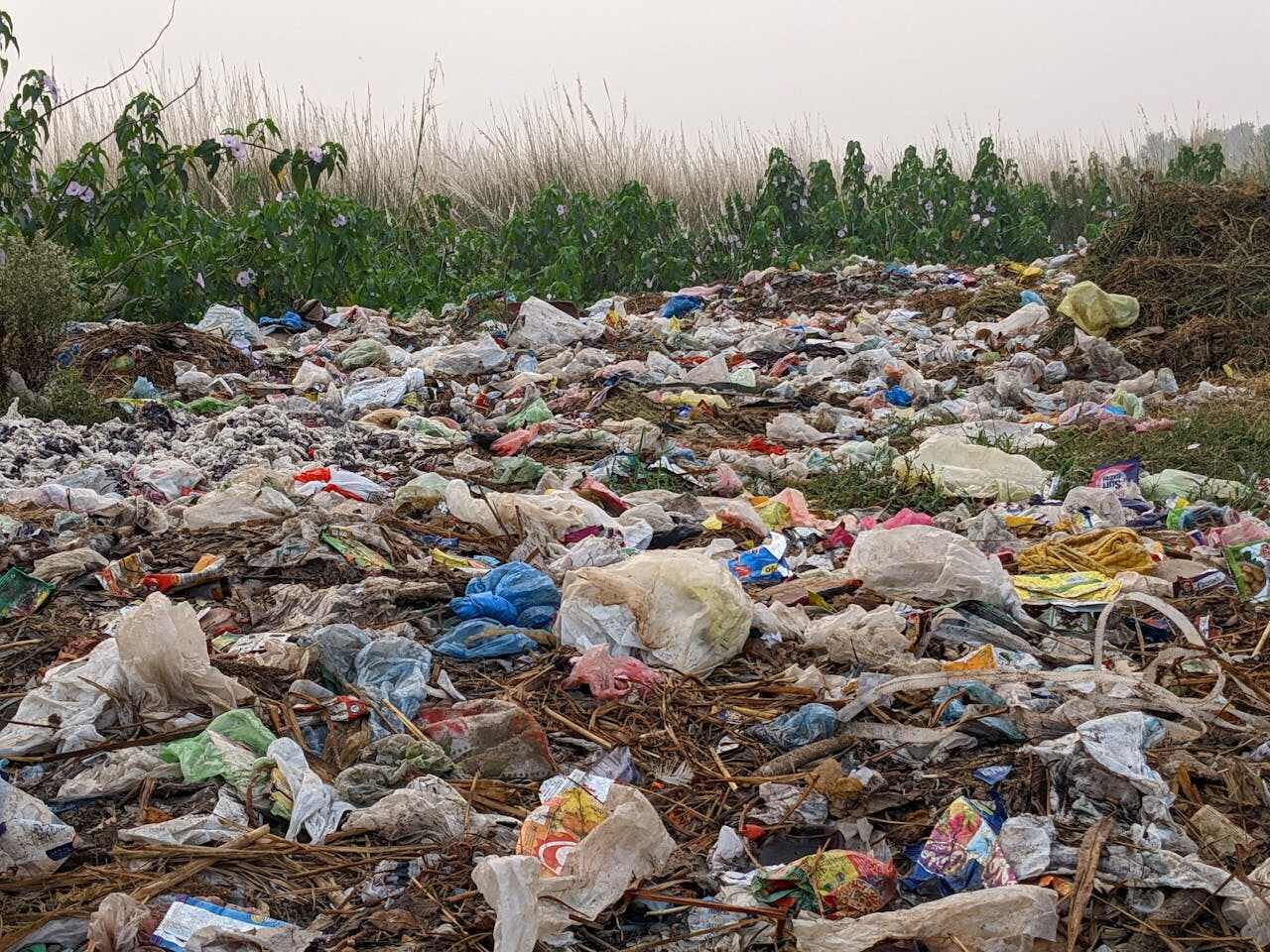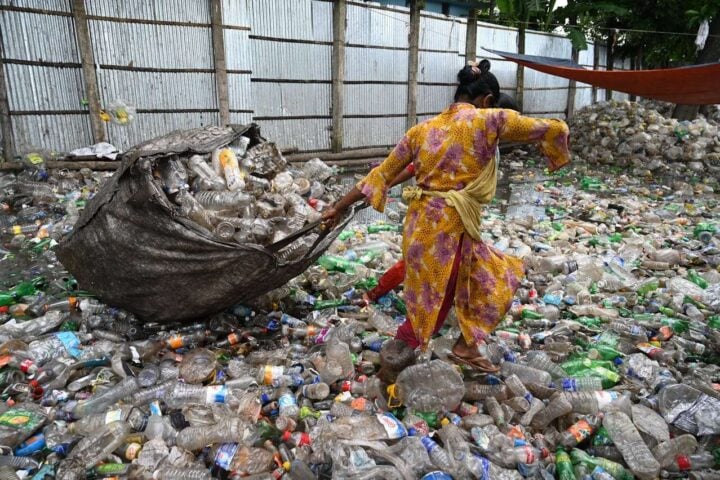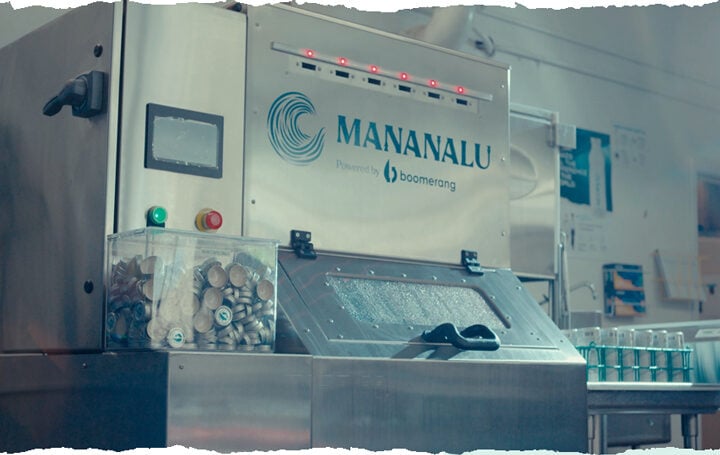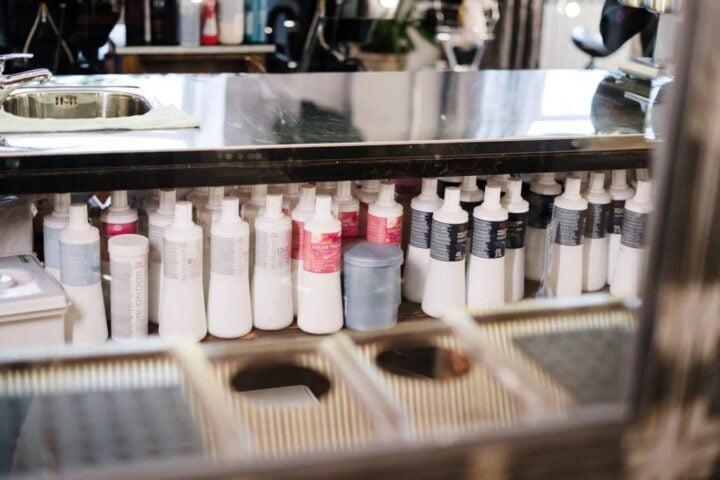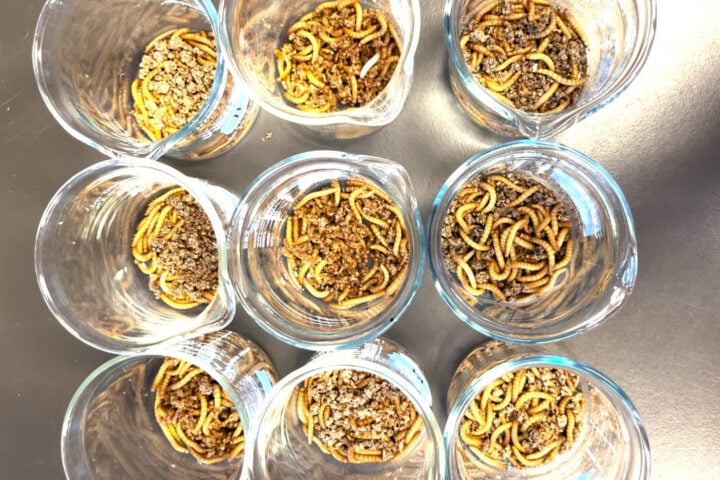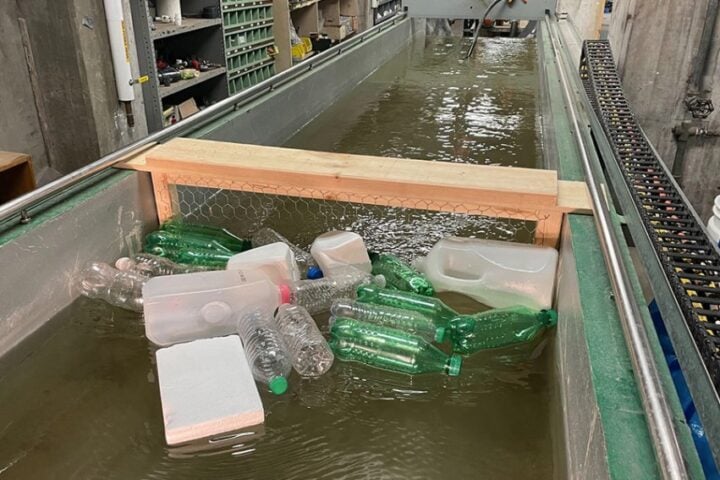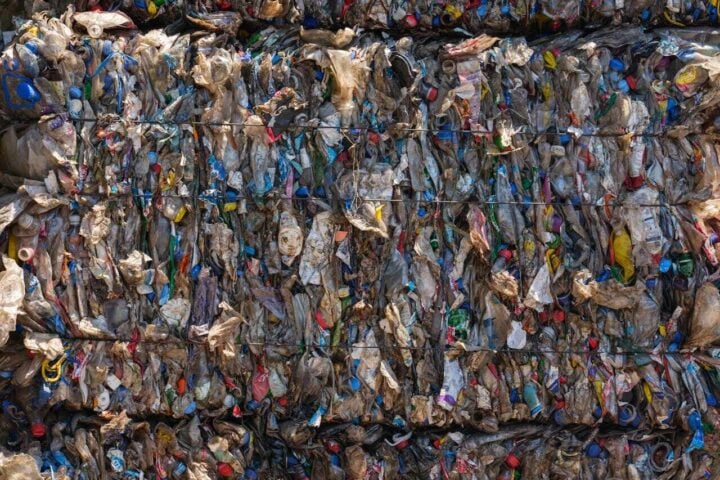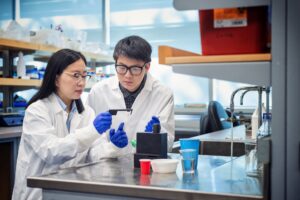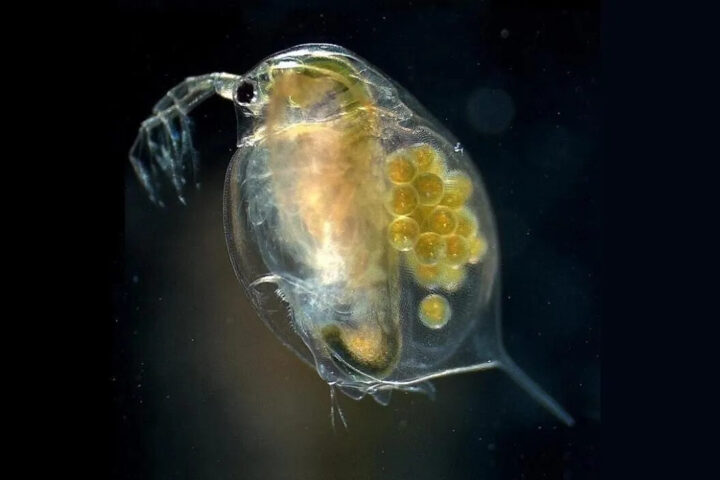Approximately 200 nations participating in a United Nations-sponsored meeting in Busan, South Korea, failed to reach an agreement to stop plastic pollution after two years of negotiations, though they secured guarantees for new talks next year.
The negotiations aimed to create a legally binding agreement addressing plastic pollution throughout the material’s life cycle, including supply, which doubled between 2000 and 2019, use, and disposal. Progress was blocked by a small group of mainly oil-producing nations, including Saudi Arabia and Russia, who opposed new restrictions, arguing that restrictions on production and chemicals were outside the group’s mandate.
“A treaty that … only relies on voluntary measures would not be acceptable,” said Juliet Kabera, director general of Rwanda’s Environment Management Authority.”It is time we take it seriously and negotiate a treaty that is fit for purpose and not built to fail.”
Production and Industry Stakes
Plastic production is expected to increase by around 70%, to 736 million tons per year by 2040, according to the Organization for Economic Cooperation and Development. Major companies, including L’Oreal SA, Starbucks Corp., and 3M Co., supported efforts to ultimately end the use of some products and chemicals.
The fossil fuel and chemical industry sent more than 200 lobbyists to the talks, outnumbering the 140 representatives from host South Korea. Some oil and gas producers are counting on increased plastic production to offset lower long-term fuel demand as renewable energy and electric vehicles gain prominence. The share of petrochemicals in total oil demand could almost double by 2050, according to BloombergNEF.
Health and Environmental Concerns
Microplastics have been found in human placentas, breast milk, brain tissue, and blood. “While we sit here debating over semantics and procedures, the crisis worsens,” warned Juan Carlos Monterrey Gomez, Panama’s special representative for climate change.”We are here because microplastics have been found in the placentas of healthy women… We are literally raising a generation that starts its life polluted, before taking its first breath.”
More Stories
Final Negotiations and Opposition
.Chair Luis Vayas Valdivieso said that “a few critical issues still prevent us from reaching a comprehensive agreement.” “These unresolved issues remain challenging and additional time will be needed to address them effectively,” he further added.”There is a general agreement to resume the current session at a later date to conclude our negotiations.”
Kuwait’s representative, speaking for countries opposing production reduction, stated: “The objective of this treaty is to end plastic pollution, not plastic itself. Plastic has brought immense benefit to societies worldwide.”
Paul Watson Case Development
In related environmental news, the Greenland court has decided to keep environmental activist Paul Watson in detention until December 18, 2024, pending Denmark’s decision on Japan’s extradition request. Japan accuses him of being co-responsible for damage and injuries aboard a Japanese whaling vessel in 2010, specifically regarding injuries allegedly inflicted by a stink bomb containing butyric acid.
Watson, who turned 74 on Monday, maintains this is a political issue, stating “”They (Japan) want their revenge. That’s what this is about.” His detention has sparked significant public support, with a petition for his release exceeding 210,000 signatures, while another 220,000 have been submitted supporting his request for French nationality.
